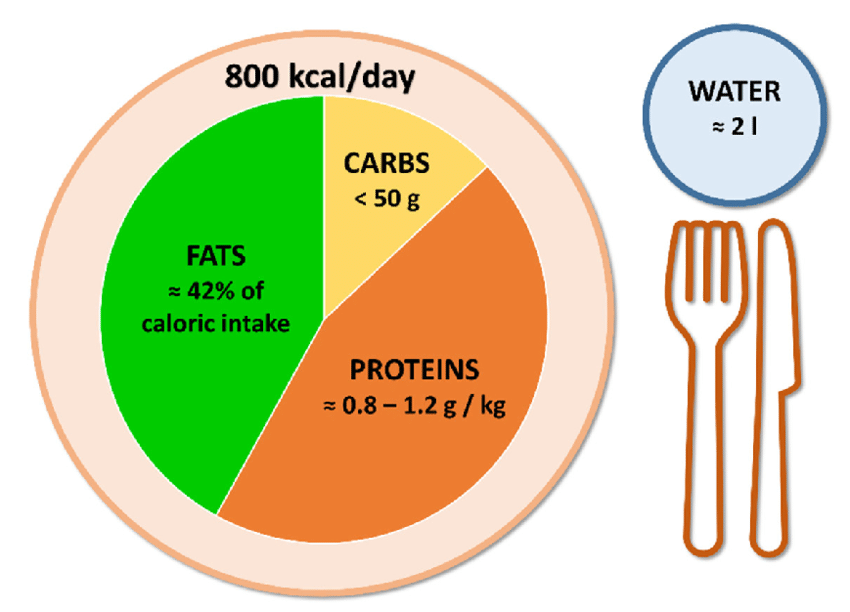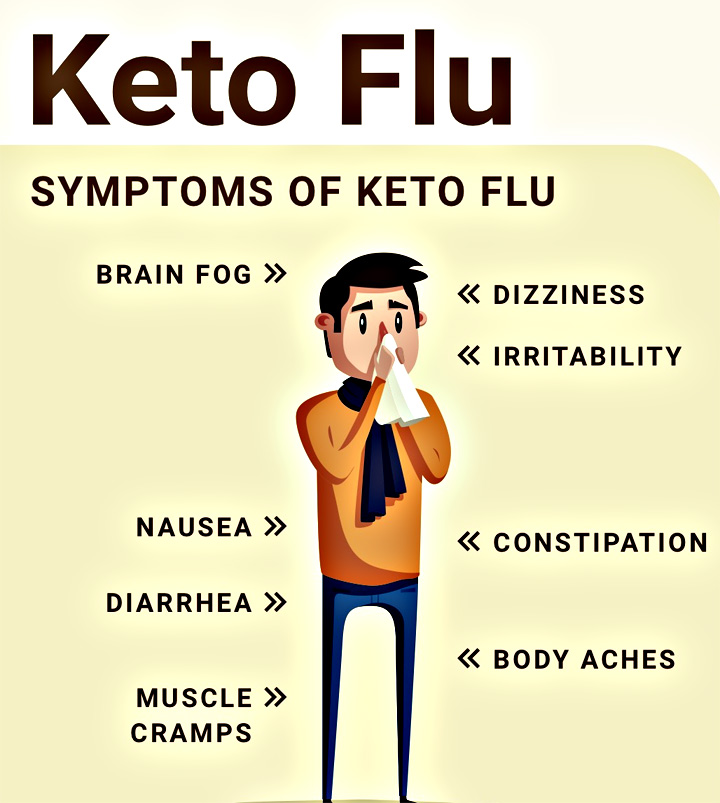In the ever-evolving landscape of diet trends, the ketogenic diet fka keto diet, has gained widespread attention for its potential to promote weight loss and enhance metabolic health. Characterized by a low-carbohydrate, high-fat intake, the ketogenic diet triggers a state of ketosis, where the body shifts from utilizing glucose as its primary fuel source to burning fat. In this comprehensive beginner’s guide, we will explore the principles, benefits, potential risks, and practical considerations of the keto diet to empower individuals with the knowledge needed to make informed dietary choices for this type of diet plans.
Understanding Ketogenic Diet
Principles of Ketosis
The keto diet involves drastically reducing carbohydrate intake, typically to 20-50 grams per day. The majority of calories come from fats, including healthy fat sources like avocados, nuts, seeds, and oils. Protein intake is moderate, as excessive protein can potentially interfere with ketosis.

Metabolic Shift to Ketosis
With limited carbohydrates available, the body shifts from relying on glucose for energy to utilizing ketones, produced from fat breakdown. This metabolic state, known as ketosis, encourages the body to burn stored fat for energy.
Macronutrient Ratios
A common macronutrient ratio in the keto diet is approximately 70-75% fat, 20-25% protein, and 5-10% carbohydrates. Ratios may vary based on individual goals, activity levels, and metabolic responses.
Benefits of the Keto Diet
Weight Loss
By promoting the utilization of fat for energy, the ketogenic diet can contribute to weight loss, particularly in the form of body fat. Some individuals report reduced appetite on the ketogenic diet, potentially aiding in calorie control.

Blood Sugar Control
Carbohydrate restriction helps stabilize blood sugar levels, making the keto diet suitable for individuals with insulin resistance or type 2 diabetes. Lower carbohydrate intake leads to reduced insulin secretion, which may benefit those with insulin-related issues.

Increased Mental Clarity
The steady supply of ketones to the brain may contribute to improved mental clarity and sustained energy levels. The ketogenic diet has been explored for its potential benefits in certain neurological conditions, such as epilepsy.

Enhanced Cardiovascular Health
Some studies suggest that the ketogenic diet may positively impact lipid profiles, including increasing levels of “good” HDL cholesterol and reducing triglycerides. Weight loss associated with the keto diet can contribute to cardiovascular health improvements.

Potential Therapeutic Applications
The ketogenic diet has been used as a therapeutic tool for managing epilepsy, especially in children. Emerging research explores the ketogenic diet’s potential benefits for various metabolic disorders and conditions.
Practical Considerations and Potential Risks
Nutrient Intake and Micronutrients
Maintaining a diverse and nutrient-rich diet is crucial to avoid potential micronutrient deficiencies. Some individuals on the keto diet may require supplements, such as electrolytes or specific vitamins, to address potential deficiencies.

Keto Flu
In the initial stages of adopting the ketogenic diet, some individuals may experience symptoms known as the “keto flu,” including fatigue, headaches, and irritability. Adequate hydration and electrolyte intake can help alleviate these symptoms.

Digestive Changes
The keto diet’s high-fat content may lead to changes in bowel habits. Ensuring sufficient fiber intake and hydration can help manage these changes.

Potential Long-Term Adherence
The long-term sustainability of the ketogenic diet varies among individuals. Adherence may be challenging due to strict carbohydrate restrictions. Factors like lifestyle, cultural considerations, and personal food preferences play a role in one’s ability to maintain the keto diet.
Effects on Exercise Performance
During the initial adaptation to ketosis, some individuals may experience a temporary decline in exercise performance. Once fully adapted, some endurance athletes report benefits from the keto diet, while high-intensity activities may be impacted.

Cholesterol and Lipid Levels
Responses to the ketogenic diet regarding cholesterol and lipid levels vary. While some experience improvements, others may see unfavorable changes. Regular monitoring of cholesterol levels is recommended, especially for those with existing cardiovascular concerns.
Implementing the Keto Diet: Pro Tips!
Meal Planning and Preparation
Prioritize whole, nutrient-dense foods, including non-starchy vegetables, healthy fats, and quality protein sources. Explore a variety of keto-friendly recipes to maintain an enjoyable and sustainable eating experience.

Consulting Healthcare Professionals
Individuals with pre-existing medical conditions should consult healthcare professionals before adopting the keto diet. Regular check-ups and monitoring can help address any health concerns or adjustments needed.

Balanced Macronutrients
Adjust macronutrient ratios based on individual goals, activity levels, and responses. Ensure adequate protein intake for muscle maintenance and overall health.

Hydration and Electrolytes
Adequate water intake is crucial, especially during the initial stages of the keto diet. Monitor and maintain electrolyte balance through foods or supplements to prevent deficiencies.

Conclusion
The ketogenic diet, with its emphasis on low-carbohydrate, high-fat nutrition, has demonstrated potential benefits for weight loss, blood sugar control, and certain therapeutic applications. However, like any dietary approach, it comes with considerations and potential risks. Individual responses vary, and the decision to adopt the keto diet should be made based on personal health goals, preferences, and consultation with healthcare professionals.
As with any significant lifestyle change, an informed and balanced approach is key. The keto diet can be a valuable tool for those seeking specific outcomes, provided it aligns with individual needs and is approached with a thorough understanding of its principles and potential impacts on health. Hopefully, you found this article helpful enough. If you really did then let us know your valuable thoughts in the comment section without any hesitation. Thanks for visiting and appreciating our work.
